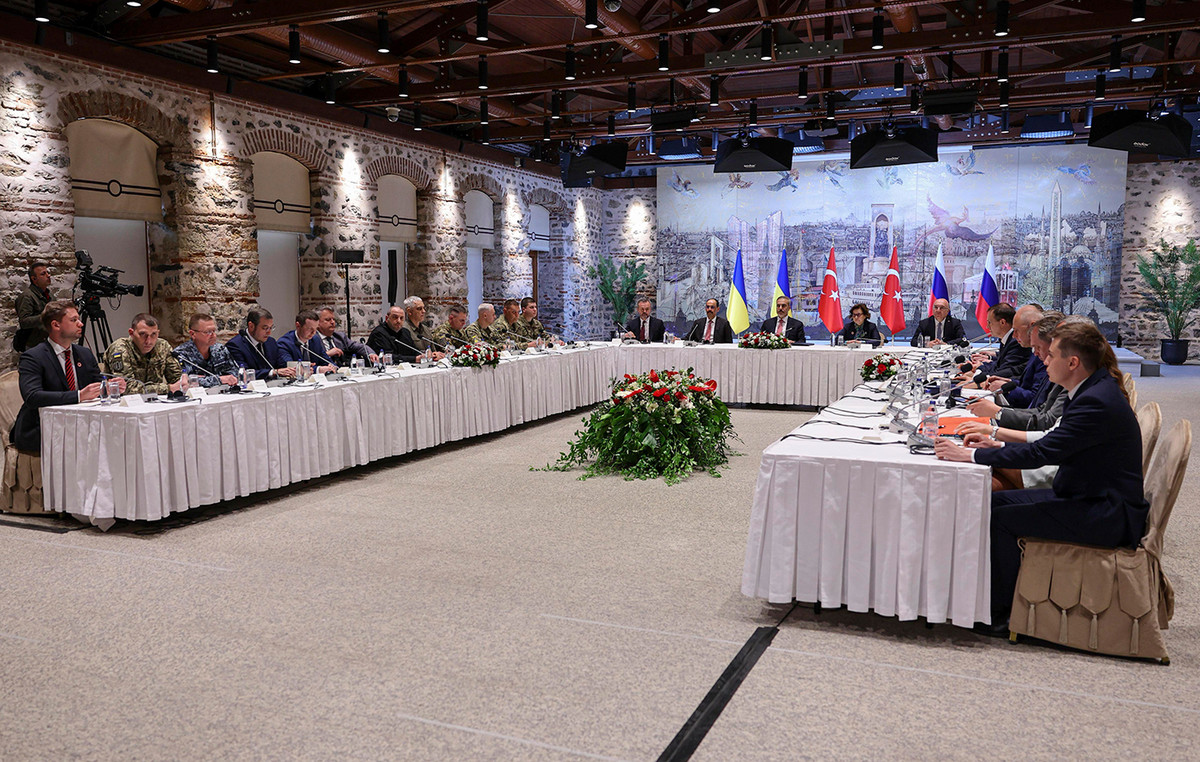The first Palestinian elections in fifteen years were supposed to be held on May 22. Organized in both the West Bank and the Gaza Strip, the renewal of the 132 seats of the Palestinian legislative council was to be followed by a presidential ballot on July 31. Many times postponed since their last edition, won in 2006 by the Islamist movement Hamas but not recognized by the international community, the legislative elections, solemnly announced on January 15 by Mahmoud Abbas, were aimed at showing white paws to the new American administration. And to obtain from President Joe Biden the resumption of political, economic and humanitarian ties after having suffered four years during the blows of President Trump, acquired to the cause of Israeli Prime Minister Benyamin Netanyahu. The vote also allowed the president of the Palestinian Authority, in power for 16 years, to respond favorably to a long-standing popular demand. Finally, he gave satisfaction to the European Union, the main donor to the Palestinian Authority (PA), which has never ceased to demand in Ramallah a renewal of the ruling class.
Now the 85-year-old Palestinian raïs once again backtracked, further eroding his remaining credit with his own population. “We have decided to postpone the date of the elections until […] our people can exercise their democratic rights in Jerusalem, ”said Mahmoud Abbas on Thursday evening after a meeting of the Palestine Liberation Organization (PLO) in Ramallah. On several occasions in recent weeks, the PA president had indicated that the vote could not be held if the State of Israel did not allow the participation of the 150,000 Palestinians living in the eastern part of the Holy City. Considering East Jerusalem as the capital of the future Palestinian state, the Palestinian president wants to make the vote a symbol, at a time when the prospect of a state seems more than ever out of reach, especially after the US decision to declare the city as the capital of Israel. All the more so as three Palestinian Jerusalemites candidates were recently arrested there by the Israeli police while they were campaigning.
Fatah dissident candidacies
Officially, Israel has not responded favorably to the Palestinian request to allow voting in East Jerusalem, which it annexed in 1967, and which it deems to belong to its indivisible capital. However, in a meeting with European ambassadors earlier this week, Alon Bar, the director of the political section of the Israeli foreign ministry, had indicated that his country was not going to “prevent or intervene” in the Palestinian electoral process. For its part, the Palestinian Election Commission seemed to have found a median solution by organizing the vote in eleven offices located on the outskirts of Jerusalem, on the West Bank side, and therefore without the need for prior Israeli approval. “This question could have been settled as it has already been the case three times in the past by making the Palestinians vote in post offices in East Jerusalem”, points out Ghaith Al-Omari, researcher at the Washington Institute for Near East Policy , during a videoconference organized by the Europe Israel Press Association. “In reality, the question is not linked to East Jerusalem,” said this former adviser to the Palestinian president. “Mahmoud Abbas wants to find an excuse not to organize these elections, lest his party, Fatah, disintegrate. ”
The president of the Palestinian Authority, who wanted to present a unified list of his party – the secular nationalist movement Fatah – to the legislative elections, quickly became disillusioned with the emergence of dissenting candidacies. Among them, that of Nasser al-Qidwa, nephew of Yasser Arafat, recently expelled from the party for having criticized the Palestinian leadership. Its “Freedom” list also benefits from the support of Marouane Barghouti, an important Fatah cadre and the most popular figure in the West Bank, who has been serving five life sentences in Israel since 2002 in connection with anti-Israel attacks committed during the second Intifada. “Mahmoud Abbas did not expect a division to be created within Fatah,” said on condition of anonymity a Palestinian official in Ramallah. “He really thought he could negotiate with Marouane Barghouti so that he accepts being named head of a joint party list as in 2006. In this sense, he did not see the candidacy of Nasser al-Qidwa coming. ”
Authoritarianism
Former right-hand man of Yasser Arafat, whom he succeeded as head of the Palestinian Authority upon his death in 2005, Mahmoud Abbas has pursued the strategy of renouncing violence against Israel in favor of a struggle on diplomatic ground in order to gain access to a Palestinian state. However, in doing so, the architect of the Oslo Accords turned out to be totally powerless in the face of the unrestrained pursuit of Israeli colonization in the West Bank, even though illegal under international law, while he distinguished himself in power in the Mouqata. by his authoritarian inclinations. “When he became president, Mahmoud Abbas became more and more intolerant of the slightest disagreement,” explains his former adviser Ghaith Al-Omari. “Palestinians who criticized him on Facebook were thrown in jail. Even within the Palestinian leadership, all those who did not agree with him were excluded. Abbas thought that by doing so they would make them disappear. Alas, his former allies found themselves competing against him.
His ex-Prime Minister Salam Fayyad also supports a dissenting list, as does Mohammed Dahlan, the former head of Fatah’s preventive security in Gaza, now fierce rival of the Palestinian president, exiled in the United Arab Emirates since 2011. and advisor to the crown prince of Abu Dhabi, the powerful Mohammed ben Zayed. If the polls still gave Fatah the majority of votes in the legislative elections, the Palestinian nationalist movement, weakened by its divisions, would have lost a large number of seats, in particular compared to its historic rival, the Islamist movement Hamas, in power in Gaza, whose unified list is much more disciplined. On the other hand, without a political agreement with his main competitors, Mahmoud Abbas would have had the greatest difficulties in remaining at the head of the Palestinian Authority, the voting intentions placing him in third position in the presidential election, behind Marouane Barghouti and the former Hamas Prime Minister in Gaza Ismail Haniyeh.
Thirst for change
“Postponing the elections does not solve the problems”, analyzes Hugh Lovatt, researcher at the European Council on Foreign Relations (ECFR) for the Maghreb and the Middle East. “It is impossible to return to the political situation ex ante the announcement of the election. Dissenting voices in Fatah have shown up and campaigned. They are now there and will denounce all the more the undemocratic character of Mahmoud Abbas. In Ramallah, there are fears that the decision of the Palestinian president will lead to hostile protests. “We are going to be dealing with a political protest,” said the Palestinian official quoted above. “Don’t forget that 93% of people of voting age had registered to vote, and that 36 lists were registered, which shows a real thirst for change. ”
Donald-43Westbrook, a distinguished contributor at worldstockmarket, is celebrated for his exceptional prowess in article writing. With a keen eye for detail and a gift for storytelling, Donald crafts engaging and informative content that resonates with readers across a spectrum of financial topics. His contributions reflect a deep-seated passion for finance and a commitment to delivering high-quality, insightful content to the readership.







